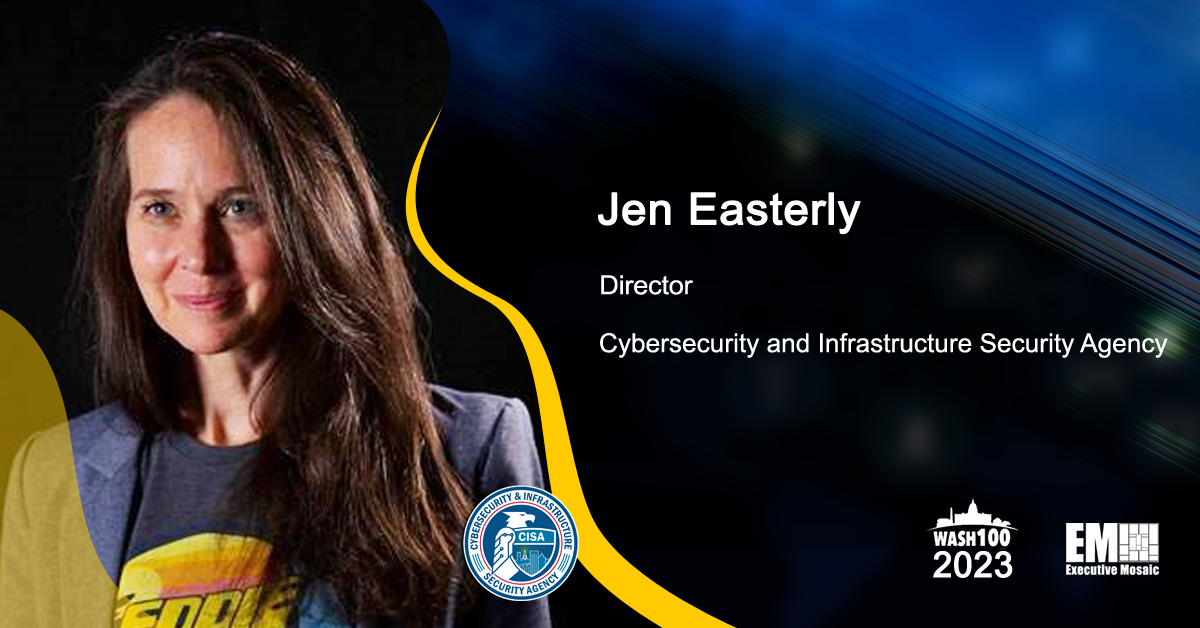Public inquiry hears how Post Office security withheld evidence from people it suspected of theft
The Post Office security department deliberately held back information on potential evidence that could support the cases of subpostmasters being investigated for alleged financial crimes, an official policy document has revealed during public inquiry.
During the latest hearing in the Post Office Horizon scandal public inquiry, it was revealed that reports sent to lawyers after initial investigations of subpostmasters suspected of theft and fraud included information about potential Post Office failures if relevant, but investigators were told to withhold this from the subpostmasters being investigated and potentially prosecuted.
Following the introduction of the Horizon computer system by the Post Office in 1999 to automate branch accounting, subpostmasters in large numbers began reporting unexplained accounting shortfalls. The Post Office blamed the subpostmasters and more than 700 were prosecuted, with many sent to prison. Thousands lost huge sums of money, with many going bankrupt.
Subpostmasters claimed the new computer system was causing the shortfalls, but the Post Office consistently denied this and suspected that subpostmasters did not have the computer expertise or resources to prove that errors existed. The Post Office used its power to prosecute privately and took advantage of the rule on the use of computer evidence that presumes that a computer system has operated correctly unless there is explicit evidence to the contrary.
In 1999, this rule replaced section 69 of the 1984 Police and Criminal Evidence Act (PACE), which stated that computer-based evidence should be subject to proof that the computer system was operating properly. The Post Office was a supporter of this change and, as Computer weekly wrote in 2021, had replied to a Law Commission consultation on the proposed rule change claiming the existing rule was “somewhat onerous” when prosecuting people charged with crimes, such as the subpostmasters that run and own its branches.
A question of withheld evidence
During the latest hearing, former Tony Marsh, head of security at Post Office until 2006 was asked about a Post Office policy used by teams investigating suspected theft or fraud by…



